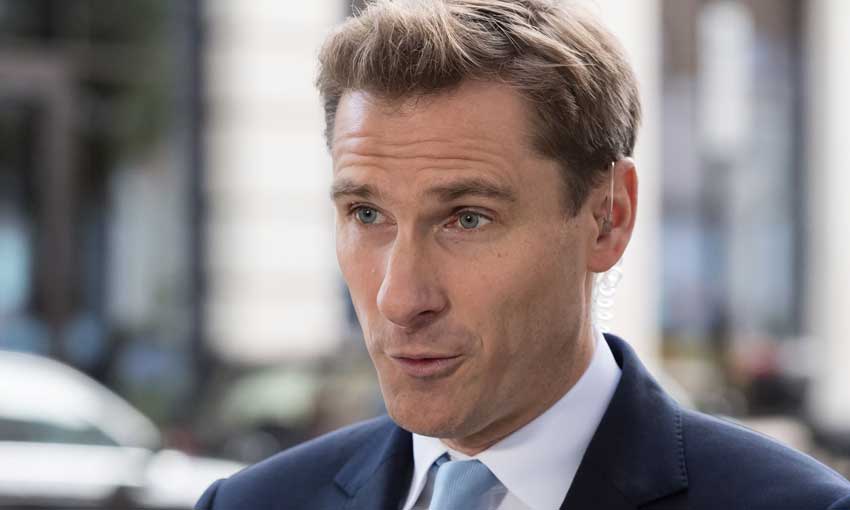Conservative MP calls for increased investment in technology to reduce reliance on low-paid migrant workers, highlighting automation as a means to boost efficiency and lower net migration.
Businesses should adopt more automation technologies instead of hiring low-paid migrant workers, according to Conservative MP Chris Philp. Speaking on BBC Breakfast, Philp emphasised the need for increased use of robots and automated systems in industries to reduce the UK’s net migration figures.
“Other countries use a lot more automation for tasks such as picking fruit and vegetables, rather than simply importing a lot of low-wage migrant labour,” Philp said. He pointed to examples like Australia and New Zealand, where robotic fruit and vegetable picking equipment is being implemented. He also noted that South Korea utilises nine times the number of robots in manufacturing processes compared to the UK.
“In America, they use a lot more modular construction, which is much faster and much more efficient,” he added. “There’s a lot British industry can do to grow without needing to import large numbers of low-wage migrants.”
At a recent press conference, senior Conservative figures acknowledged past shortcomings on immigration policy. Kemi Badenoch, a leading Conservative MP, promised a review of “every policy, treaty and part of our legal framework,” including the role of the European Convention on Human Rights (ECHR) and the Human Rights Act.
While Badenoch committed to a “strict numerical cap” on migration and said the Conservatives would “explain how you get to those numbers,” she did not commit to restoring the Rwanda scheme that was previously scrapped. Philp, however, called for the scheme to be reinstated, stating that it had been “cancelled before it even started.”
When questioned about reports that ministers had considered using a giant wave machine to deter Channel crossings, Philp responded: “I don’t recall ever having seriously looked at that idea. I can’t remember if someone else did.”
Philp declined to specify a figure for the proposed migration cap but suggested that net migration figures of 350,000 would be “much too high.” He stressed the importance of determining “exactly how many high-skilled, high-wage people we need,” and addressing concerns over degree courses being used “as a sort of parallel migration system.”
He added that the Conservative Party would examine migrants’ eligibility for benefits among other measures to reduce net migration.

